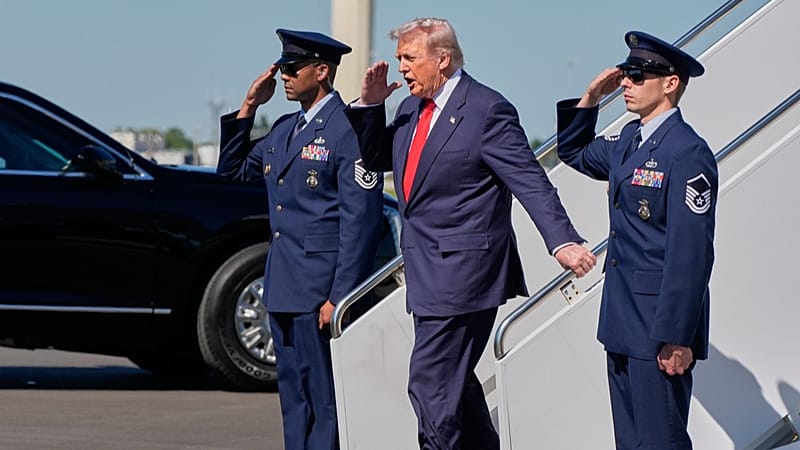Trump administration says War Powers Resolution does not apply to boat strikes in the Caribbean Sea

The US Justice Department has told Congress this week that President Donald Trump can continue to carry out his lethal strikes against people and boats suspected of drug smuggling in the Caribbean, detailing that they are not bound by the War Powers Resolution.
The 1973 law requires the president and incumbent administration to obtain Congressional approval within 48-hours for any military action exceeding 60-days which involves the deployment of US troops in “zones of hostilities”.
The Justice Department’s Office of Legal Counsel chief, Elliot Gaiser, said the Trump administration did not think the operation rose to the kind of hostilities typically covered by the War Powers law, according to people familiar with the matter.
In a White House statement, an unnamed senior administration official said that US service troops’ lives were not being risked as the attacks on vessels suspected to be drug boats are being carried out via drones launched from naval ships patrolling or stationed far away.
“The operation comprises precise strikes conducted largely by unmanned aerial vehicles launched from naval vessels in international waters at distances too far away for the crews of the targeted vessels to endanger American personnel,” said the unnamed official.
The US military has killed at least 62 people across 14 airstrikes on boats in the Caribbean Sea and eastern Pacific so far, as detailed in announcements shared to social media platforms by US Defence Secretary Pete Hegseth.
The administration has reportedly told Congress that Trump has determined the situation to be a “formal armed conflict,” but not “hostilities”. The position builds on precedent established by former US President Barack Obama.
Obama justified NATO’s air war over Libya in 2011 using the same argument at a time when Congress was in disagreement, but later accepted the legal basis the former Democrat president’s administration presented.
The War Powers Resolution says that a sitting president who deploys US troops into hostilities “shall terminate” the operation after 60-days if Congress has not authorised it by then. The legislation’s use of the term “hostilities” however has been rather vague and used by presidents to counter Congress.
The law stipulates that the 60-day countdown commences from the moment the president notifies Congress about an attack within 48-hours of it. In Trump’s case, this was done on 4 September. The 60-day window to obtain Congressional approval will arrive on Monday.
The Trump administration does not explicitly cite the Obama-era justification as their basis, but the argument bears a resounding resemblance. Obama had justified his military operation on the basis that no troops were on the ground and that Libyans couldn’t shoot back, making the risk of US casualties remarkably low.
Obama’s operation however was part of a NATO-led multi-country mission, acting on a United Nations Security Council resolution, a basis which Trump’s endeavours in the Caribbean lack.
Today

